Key Takeaways
1. Cultivate Productive Habits to Excel as a Developer
"Habits are the compound interest of self-improvement."
Consistency is key. Just as compound interest grows wealth over time, consistent habits compound to create significant improvements in your skills and career. Develop a routine of daily learning, coding practice, and professional development. Small, regular efforts have a more substantial impact than sporadic intense bursts.
Identify and nurture habits that lead to growth. These may include:
- Dedicating time each day to learn a new programming concept
- Regularly contributing to open-source projects
- Keeping a coding journal to track progress and insights
- Participating in coding challenges or hackathons
- Setting aside time for reflection and self-assessment
By consciously cultivating these habits, you create a foundation for continuous improvement and long-term success in your development career.
2. Focus on Fundamentals and Continuous Learning
"If you want to become a great developer, it's important to understand core concepts such as algorithms, logic, network, accessibility, security, and user experience."
Master the basics. While new technologies and frameworks emerge constantly, the fundamental principles of computer science and software engineering remain relatively stable. Invest time in deeply understanding these core concepts, as they form the foundation upon which all other skills are built.
Stay curious and adaptable. The tech industry evolves rapidly, so cultivate a mindset of continuous learning. Regularly:
- Read tech blogs, books, and research papers
- Attend conferences and workshops
- Experiment with new tools and languages
- Engage in discussions with peers and mentors
By maintaining a strong grasp of fundamentals while staying open to new ideas, you'll be better equipped to adapt to industry changes and solve complex problems throughout your career.
3. Embrace Teaching as a Path to Mastery
"If you really want to learn something, you have to teach it."
Teaching deepens understanding. When you explain a concept to others, you're forced to break it down into simpler components and examine it from different angles. This process helps solidify your own knowledge and often reveals gaps in your understanding that you can then address.
Share your knowledge publicly. Consider various ways to teach and share your expertise:
- Write blog posts or technical articles
- Create video tutorials or screencasts
- Give presentations at local meetups or conferences
- Mentor junior developers or contribute to coding forums
- Start a podcast or YouTube channel on development topics
By making teaching a regular part of your routine, you'll not only reinforce your own learning but also build a reputation as a knowledgeable and helpful member of the developer community.
4. Balance Intensity with Consistency in Your Work
"Intensity is a tool that you can use on special occasions, but if that's your modus operandi, you won't be able to sustain it for a long time."
Avoid burnout. While occasional intense work sessions can be productive, consistently overworking leads to burnout and decreased overall productivity. Instead, focus on maintaining a steady, sustainable pace of work.
Develop a sustainable routine. Create a work schedule that allows for:
- Regular breaks to maintain focus and creativity
- Time for exercise and personal well-being
- Opportunities for deep, uninterrupted work
- Collaboration and communication with team members
- Ongoing learning and skill development
By finding the right balance between focused work and rest, you'll be able to maintain high productivity over the long term and avoid the pitfalls of burnout and exhaustion.
5. Write Code for Your Future Self
"Will the future me understand the intention of this code?"
Prioritize readability and maintainability. When writing code, imagine yourself or another developer returning to it months or years later. Strive to make your code self-explanatory and easy to understand without extensive comments.
Best practices for future-proof code:
- Use meaningful variable and function names
- Write clear, concise comments explaining the 'why' behind complex logic
- Break down large functions into smaller, more manageable pieces
- Follow consistent coding standards and patterns
- Write comprehensive unit tests to document expected behavior
- Regularly refactor to improve code structure and readability
By adopting these practices, you'll save time and reduce frustration for yourself and your team members in the future, leading to more efficient and enjoyable development experiences.
6. Invest in Side Projects for Growth and Opportunity
"Side projects have always been a great creative outlet for solving small, fun problems in a low-stress way."
Explore new technologies. Side projects provide a low-risk environment to experiment with new programming languages, frameworks, or tools that you might not use in your day job. This broadens your skill set and keeps you adaptable in a rapidly changing industry.
Benefits of side projects:
- Enhance your portfolio and demonstrate initiative to potential employers
- Develop entrepreneurial skills by building and potentially monetizing your own products
- Network with other developers through open-source contributions
- Solve personal pain points or explore passion projects
- Practice project management and decision-making skills
Dedicate regular time to side projects, even if it's just a few hours a week. The skills and experiences gained often translate into career advancement opportunities and personal satisfaction.
7. Develop Active Listening and Effective Communication Skills
"Understanding someone is far more important than replying to someone. Anyone can reply, few can understand."
Practice active listening. In team environments, truly understanding your colleagues' perspectives is crucial. Focus on listening to understand, not just to respond. This leads to better collaboration and more effective problem-solving.
Improve communication skills:
- Ask clarifying questions to ensure understanding
- Summarize key points to confirm alignment
- Practice empathy and consider others' viewpoints
- Use clear, concise language when explaining technical concepts
- Adapt your communication style to different audiences (e.g., technical vs. non-technical)
By honing these skills, you'll become a more valuable team member and leader, capable of bridging gaps between technical and non-technical stakeholders.
8. Master the Art of Accurate Estimation
"Treat estimation discussions as problem-solving, not negotiation."
Understand the challenges. Accurate estimation is notoriously difficult in software development due to unforeseen complications, changing requirements, and the unique nature of each project. However, improving your estimation skills is crucial for project planning and building trust with stakeholders.
Strategies for better estimation:
- Break large tasks into smaller, more manageable pieces
- Use historical data from similar projects as a reference
- Account for non-coding tasks like meetings, documentation, and testing
- Provide ranges (best-case, worst-case, and most likely scenarios) instead of single-point estimates
- Regularly review and adjust estimates as more information becomes available
- Communicate assumptions and potential risks along with your estimates
By approaching estimation as a collaborative problem-solving exercise rather than a commitment, you can provide more accurate and useful information to your team and stakeholders.
9. Find Balance Between Specialization and Versatility
"Sometimes in your career, you'll focus like crazy and go really deep into a certain topic, but at other times, you'll go wider and tackle problems you've never seen before."
Assess your career goals. Both specialization and versatility have their advantages. Specialists can command higher salaries in niche fields, while generalists often have more diverse opportunities and adaptability.
Strategies for balancing depth and breadth:
- Develop a T-shaped skill set: deep expertise in one area, with broad knowledge across related fields
- Regularly assess industry trends to identify valuable areas for specialization or expansion
- Seek projects that allow you to both apply your specialized skills and learn new ones
- Collaborate with colleagues who have different skill sets to broaden your perspective
- Continuously evaluate and adjust your learning focus based on career goals and market demands
By striking a balance between depth and breadth, you'll position yourself as a valuable asset capable of tackling both specialized tasks and broader challenges.
10. Control What You Can and Let Go of What You Can't
"Stop wasting time on variables that are out of your control. Focus on the variables that you can change."
Identify your sphere of influence. In both your career and personal life, there will always be factors beyond your control. Recognize what you can and cannot influence, and focus your energy on the former.
Areas you can control:
- Your skills and knowledge (through learning and practice)
- Your work ethic and productivity habits
- Your responses to challenges and setbacks
- Your professional network and relationships
- Your career choices and job applications
By concentrating on these controllable factors, you'll feel more empowered and less stressed. When faced with external challenges, focus on your response and the actions you can take to improve your situation, rather than dwelling on circumstances beyond your influence.
Last updated:
Review Summary
14 Habits of Highly Productive Developers receives mostly positive reviews, with readers appreciating its concise, actionable advice for developers at various career stages. Many find the book's structure, including "TODO" sections and expert interviews, helpful. While some experienced developers feel the content is basic, beginners find it particularly valuable. Readers praise the author's writing style and the book's ability to provoke reflection on career habits. Some criticisms include its brevity and occasional clichéd advice, but overall, it's recommended for developers seeking productivity insights.
Similar Books

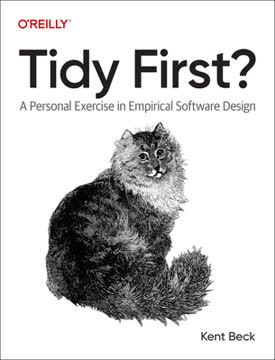

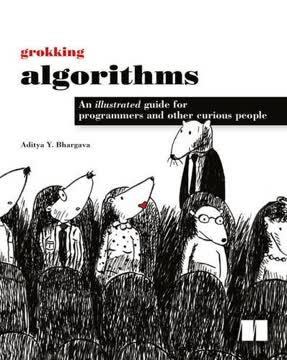

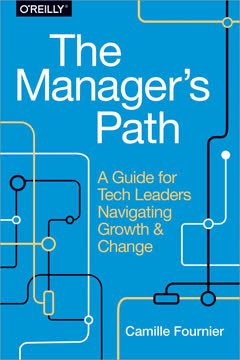
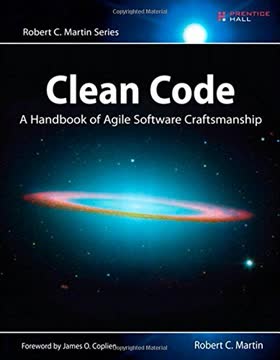
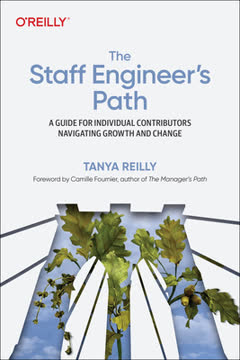
Download PDF
Download EPUB
.epub digital book format is ideal for reading ebooks on phones, tablets, and e-readers.




